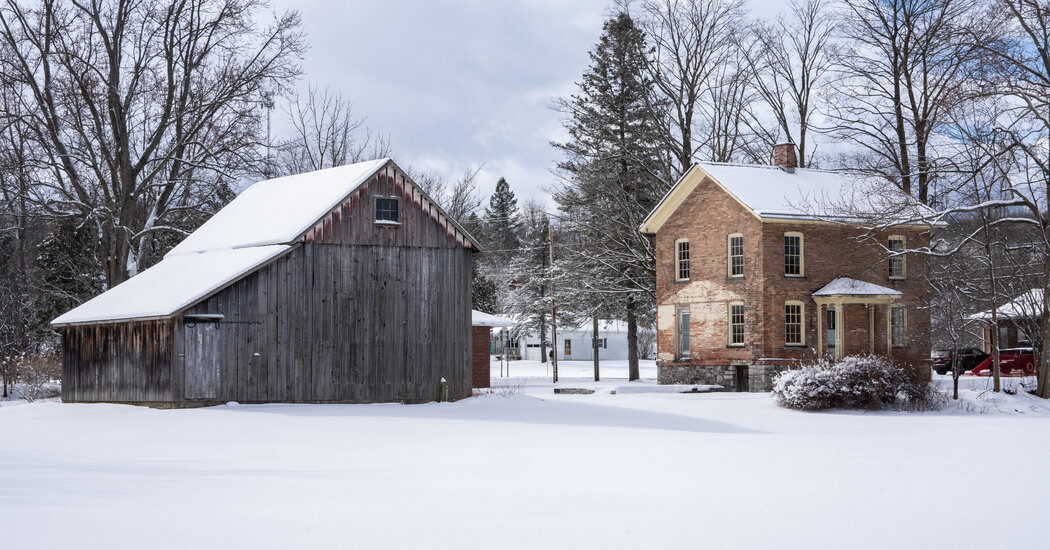Memphis. Atlanta. Birmingham. There are certain American cities that are known for Black history. But African American history and culture can, of course, be found across the United States, in seemingly unlikely cities, like Portland, Maine, say, or Providence, R.I.
Many of these places are included in the National Park Service’s Network to Freedom Program, which was created by the National Underground Railroad Network to Freedom Act of 1998 and whose mission is to preserve and promote sites with a verifiable connection to the Underground Railroad, a network of abolitionists who helped fugitive slaves escape to freedom. There are currently more than 700 Network to Freedom locations across 39 states, in addition to Washington, D.C., and the U.S. Virgin Islands. Many are in the Northeast, a region that is not always strongly associated with Black history.
Curiosity about these lesser-known destinations is how I found myself on the road to Auburn and Rochester, N.Y., the homes of two American heroes: Frederick Douglass and Harriet Tubman.
Frederick Douglass’s Rochester
Frederick Douglass, a formerly enslaved man who became an abolitionist, orator and author, is a point of pride among many residents of Rochester, the city Douglass called home from 1847 to 1872. He lived there longer than he lived anywhere else in his life.
“Growing up in my house, my parents wanted me to understand that if people like Frederick Douglass could fight on behalf of freedom and on behalf of the ability to get an education, then I had no excuse,” said Malik D. Evans, the mayor of Rochester and a lifelong resident.
Mr. Evans mentioned Rochester sites like the no-longer-standing Corinthian Hall, where Douglass gave his fiery “What to the Slave is the Fourth of July?” speech in 1852, and Memorial A.M.E. Zion Church, where he edited The North Star, one of the most influential African American antislavery newspapers of the pre-Civil War era, in the basement.
“The message was: ‘Look at this man with no formal education who was one of the best orators of the 19th century,’” Mr. Evans said.
I kept some of Mr. Evans’s site recommendations in my back pocket as I headed out on a Douglass-centered tour with Akwaaba Tours, a local nonprofit that offers Underground Railroad-focused tours (starting at $20 per person).
I met Norm Strothers, the tour guide, and his wife, Shirley, in the slush-covered parking lot of Memorial A.M.E. Zion Church. I was the only tour participant on that…
Click Here to Read the Full Original Article at NYT > Travel…
